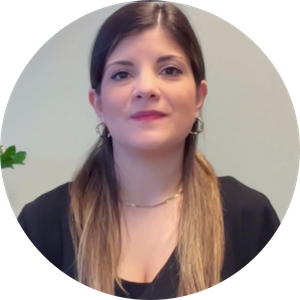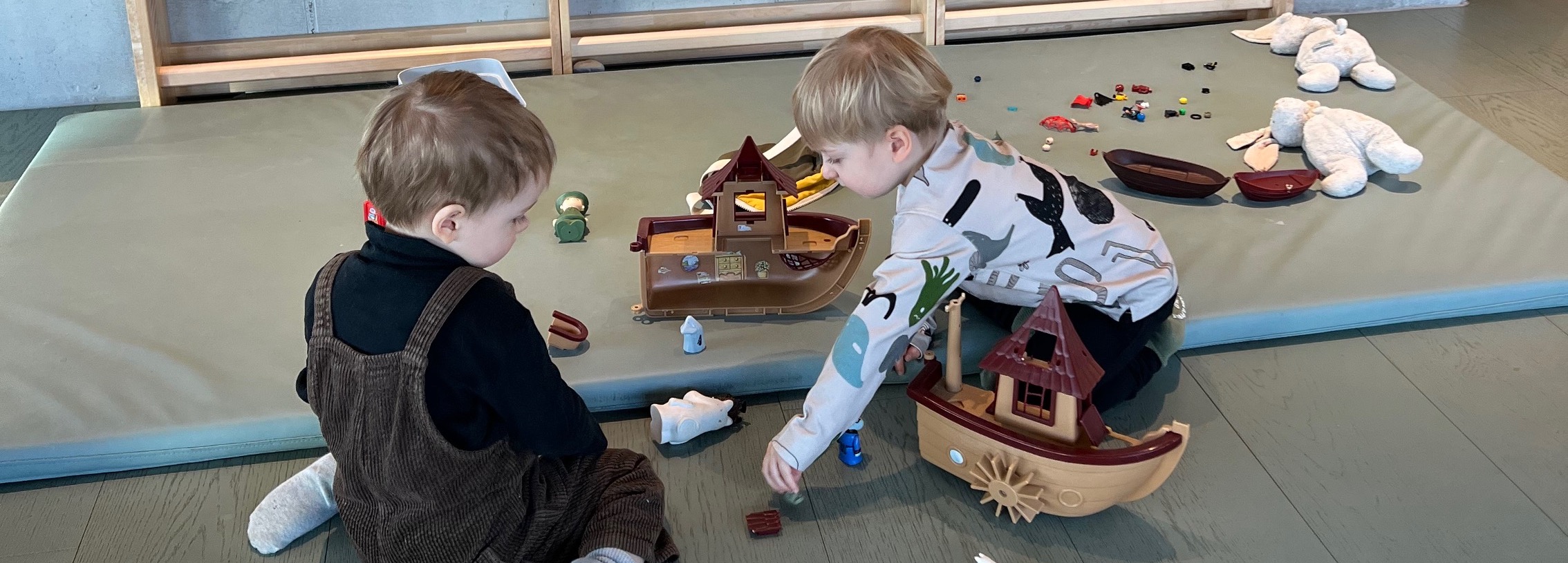Choosing the right curriculum partner is one of the most significant decisions you’ll make for your preschool. A well-designed curriculum shapes your school’s educational philosophy and helps you stand out in a competitive market. This is especially critical for private preschool owners in India as the demand for innovative, high-quality education grows. Below, we explore seven essential factors to consider when choosing a preschool curriculum partner to ensure your preschool offers the best for children, teachers, and parents.
1. A Clear Vision for Early Childhood Education
A reliable curriculum partner should have a strong vision and philosophy for early childhood education. Look for partners who:
- Emphasize holistic child development—focusing on cognitive, emotional, social, and physical growth.
- Promote playful learning methods, as play is the cornerstone of early education in leading practices like Finland’s.
- Understand and respect the cultural values and expectations of Indian families.
A vision-driven partner ensures your preschool becomes a nurturing space that prepares children for lifelong learning.
.png)
2. Adaptation to Local Curriculum Standards
While Finnish early education practices are admired worldwide, they must be adapted to local cultural and regulatory requirements. A great curriculum partner will offer the following:
.png)


